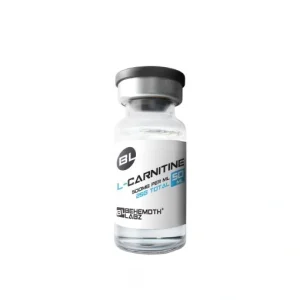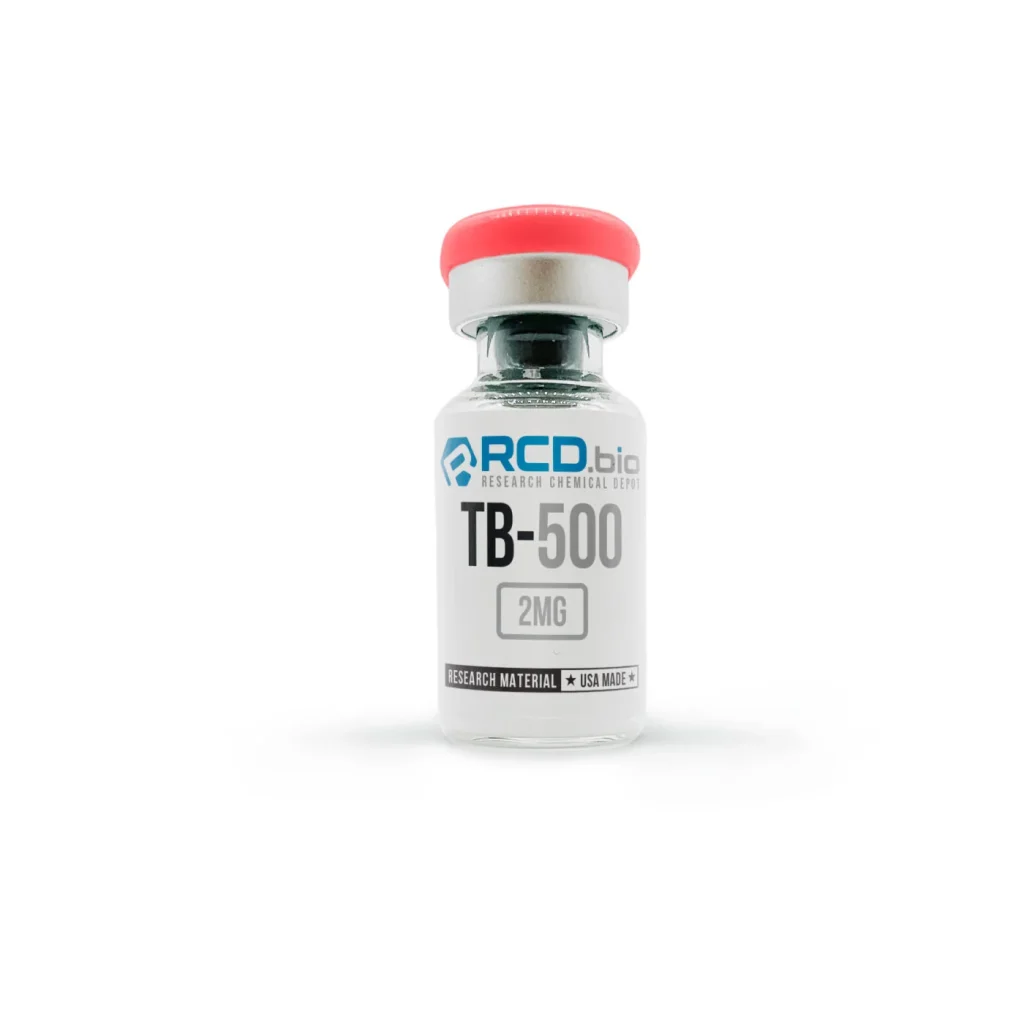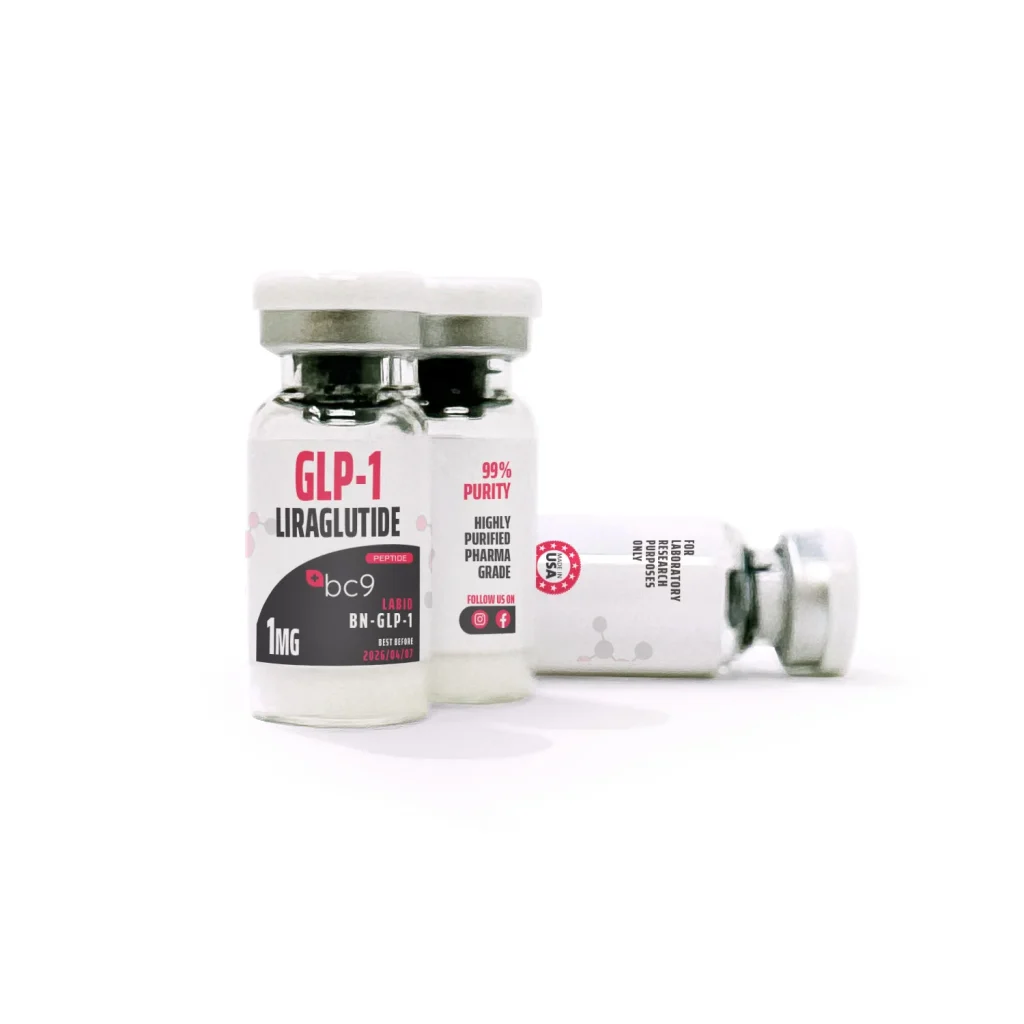l-carnitine
L-carnitine is produced in the body and is very similar to amino acids. Our body can change L-carnitine to two other chemicals called acetyl-L-carnitine and propionyl-L-carnitine.
It is taken orally to help increase and stabilize L-carnitine levels. L-carnitine is supposed to help turn fat into energy and is also known to be used for heart conditions, overactive thyroid, kidney disease, and many other issues. As it specifically helps the body produce energy this chemical is necessary for both mental and physical functions.
Benefits
Taking L-carnitine helps reduce chest pain and improves tolerance towards exercise in people who have cardiovascular problems. Research shows that it also helps control arrhythmia.
Researchers also say that people going through hemodialysis due to kidney disease need to be given L-carnitine intravenously to keep their energy levels up. It might help improve anemia and inflammation but is not used to improve the quality of life.
Another research shows that people with thyroid problems can take L-carnitine to improve symptoms of palpitations, anxiety and weakness.
A lot of medical studies say that taking L-carnitine can help with pregnancy as it increases sperm count and sperm movement in men. And in women it helps with ovulation.
It also helps improve blood sugar levels and increase fat loss in women.
Some research shows that L-carnitine helps with male pattern baldness and decreases acne in both men and women.
Dosage
Note; dosage information is only for scientific reference purposes. SARMs Central, does not condone the human consumption or use of this substance outside of a controlled scientific environment (i.e. a lab).
Possible side effects
Possible side effects include nausea, vomiting, stomach ache, and diarrhea.







































